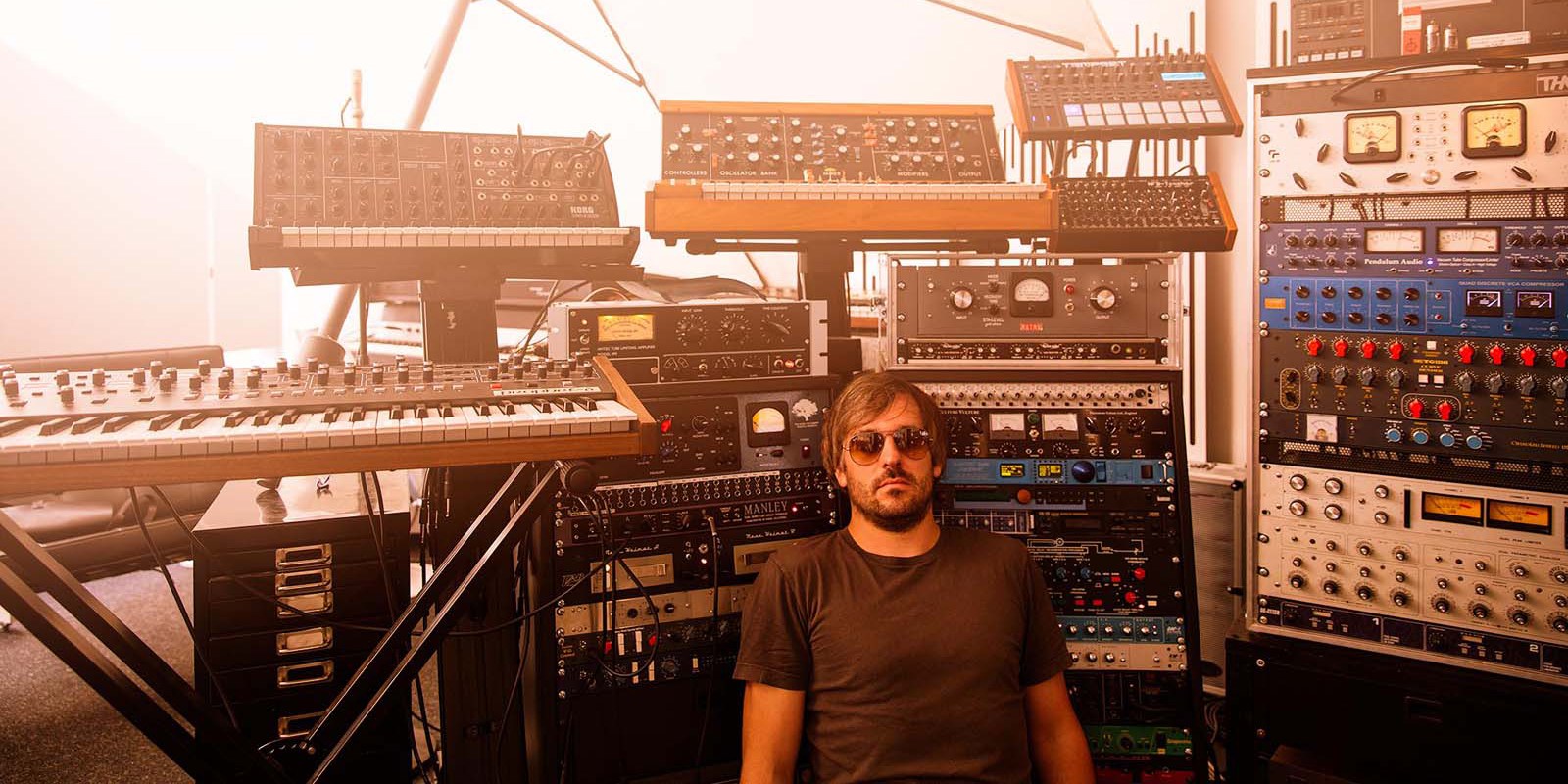
This month we interviewed in demand producer and engineer Hannes Bieger, whose Berlin studio Bieger Sound recently joined the Miloco directory. Read the interview below to learn a bit more about his philosophy!
Where did you cut your engineering teeth?
This was was natural progression, I would say. Even when I learned my first instrument, electric guitar, I was interested in how it sounded just as much as what I played.
Later on, when I was producing my own records, it was totally obvious for me to engineer them myself. It was just one part of the whole process.
When I was starting out I didn’t have great gear at all, except great instruments. I was lucky enough to buy a few analogue synths and guitars like my pre-CBS Jazzmaster at a time when this kind of gear was still fairly affordable.
So I learned early on that you don’t need much esoteric recording gear when the source material, the instruments and the playing are good to begin with. This still has a huge effect on my way of thinking today.
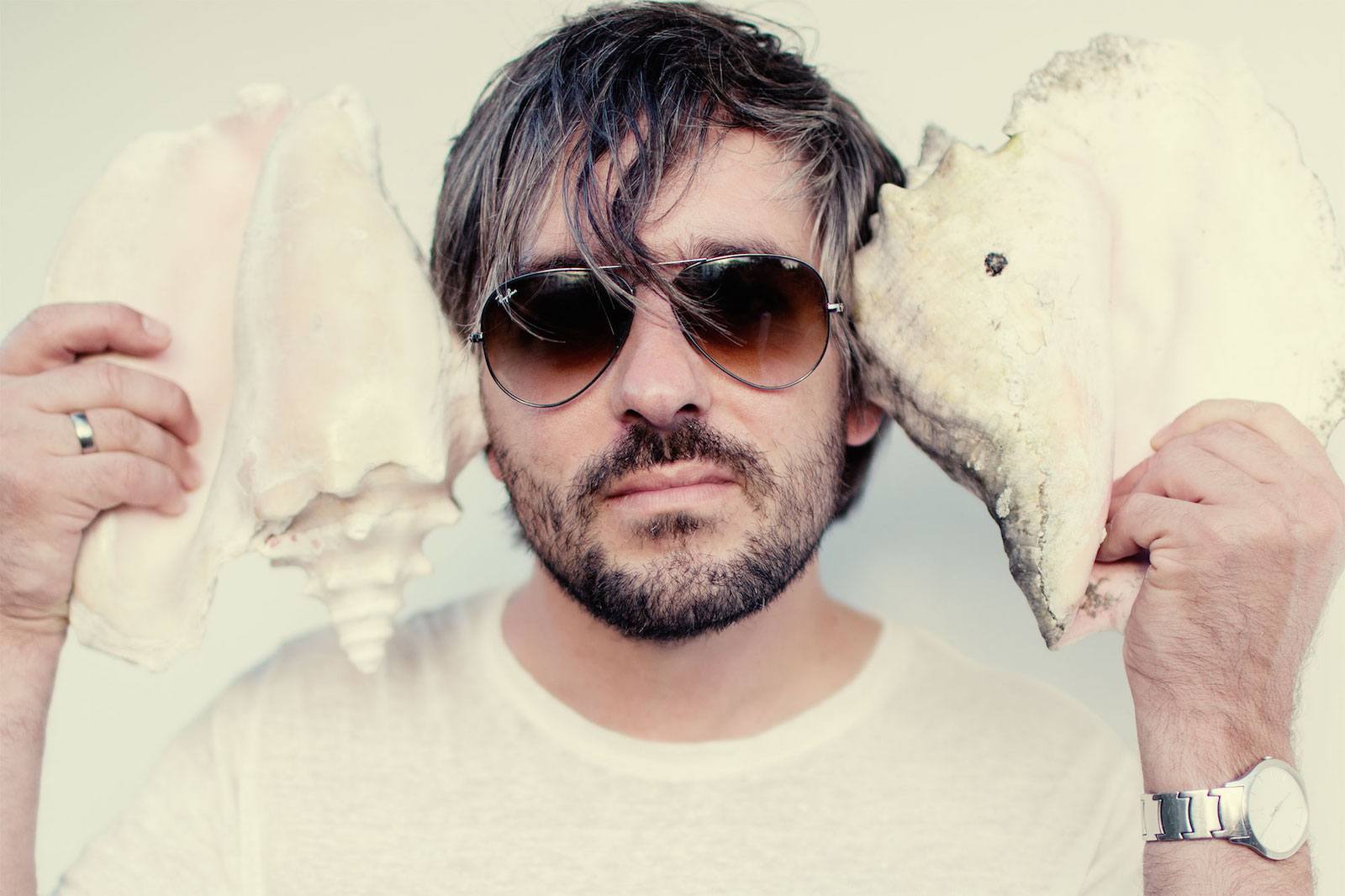
Also I needed to max out the capabilities of the setup I had a the the time, and this was another very important lesson. The gear doesn’t create the sound by itself, it’s always about the decisions you make and the boundaries you are trying to push. Limitations are also good at times, because they force you to think outside the box. Very early, when we were still on cassette four-tracks – totally unthinkable today – I was even recording the modulated noise output of a phaser pedal because I didn’t have a synthesiser, and that sound came closest to a synth pad between the limited options I had at hand.
So I basically got my training on the job, doing my own stuff. But I also worked as a freelancer at Calyx Mastering in Berlin for a couple years, and this was also a very important time for me. I learned a lot, and the mutual exchange of concepts and ideas is inspiring me up until today. I guess the concept of a mixing room with ‘mastering-grade’ sonics emerged from this. At Calyx they have always had an uncompromising attitude down to the last cable in the chain, and knowing what was possible I didn’t want to settle for less in my own room.
But I never planned to become a mixing engineer. It just happened because people listened to my own productions – and called me because they wanted to find out who engineered them. Well, it was me, and that’s how I got the ball rolling…
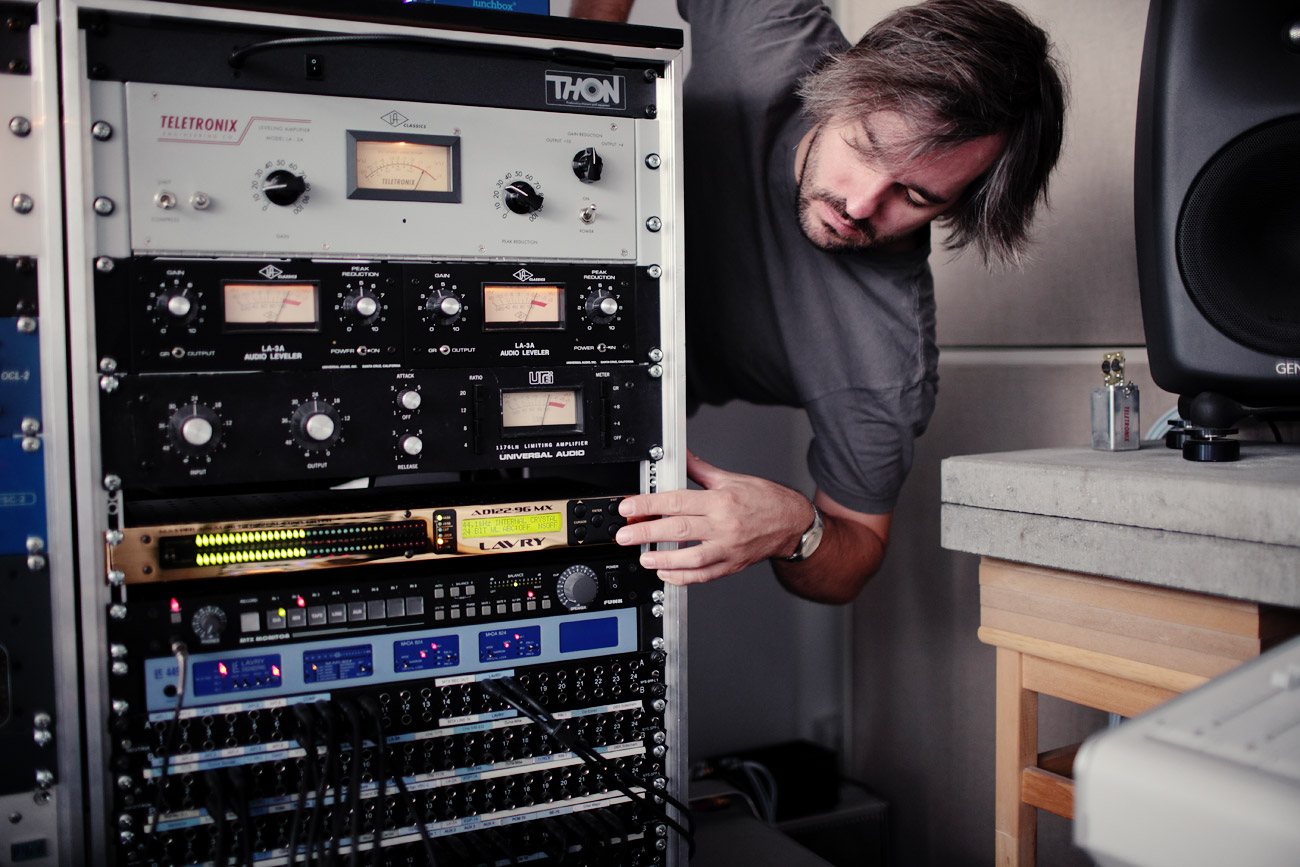
When did you move to Berlin?
This was around 15 years ago, catching the tail end of the 90s, a very important transitional decade for Berlin. Coming from Hamburg, the second largest city in Germany, it was another obvious step that felt totally natural to me.
Where else would you have wanted to move in Germany at that time? Berlin was promising a big adventure, and even though it has changed a lot since then it still remains a great place to be creative.
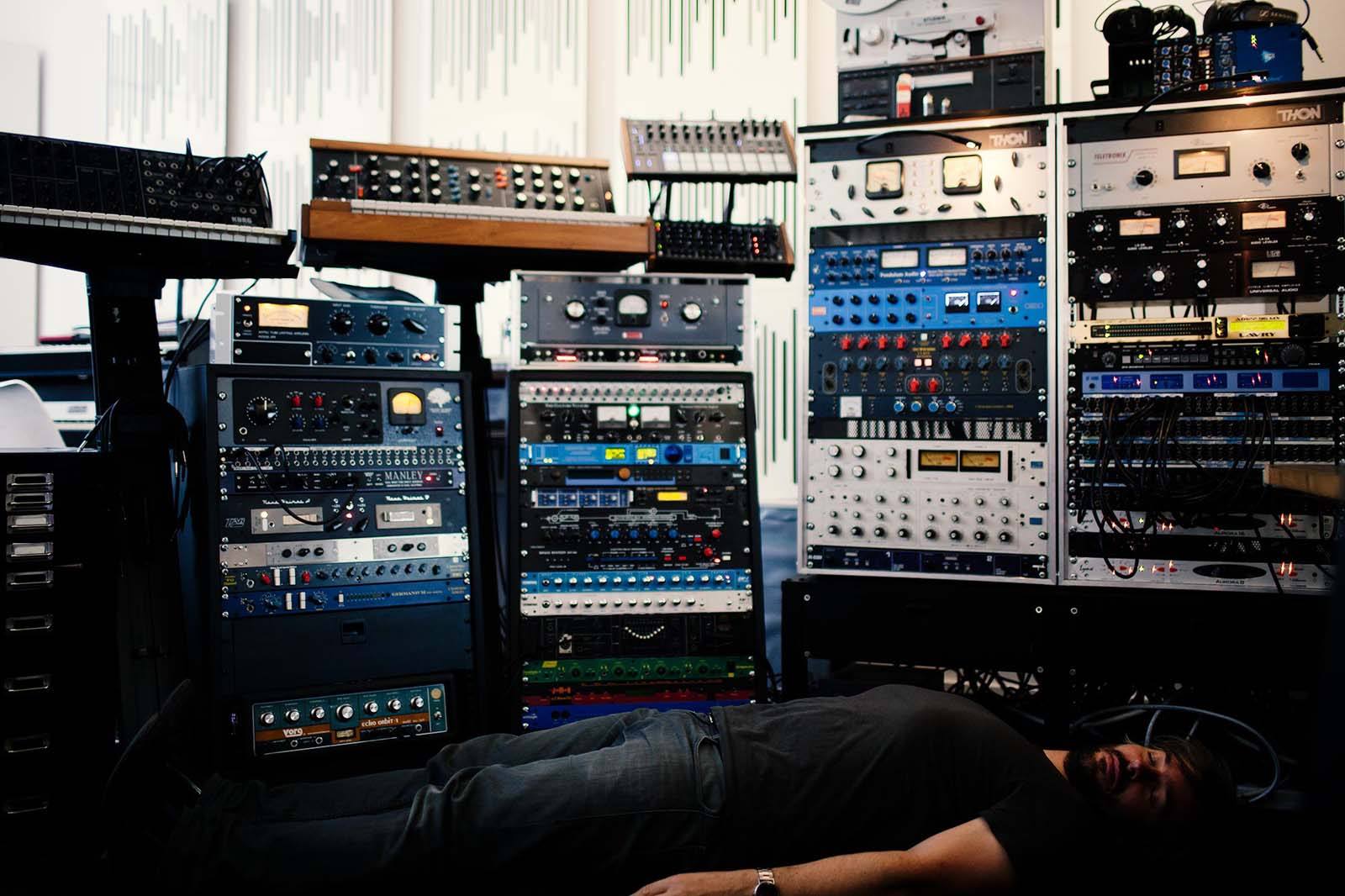
When did you first visit Bieger Sound? What was the studio before?
I was running the studio out of a flat in a residential building for many years – it was actually the first flat I rented when I came to Berlin, and even though I moved to another place a few years later, I kept the first place – probably for too long – because it was cheap, in a central location, and it worked. The place had a pretty casual ‘Rock’n’Roll’ atmosphere to it. And even though I often felt I would have to excuse it wasn’t a ‘proper’ studio, the clients seemed to like the vibe. It was more of a living room, but packed with great gear!
At some point gentrification pushed us out, and we were lucky to secure our current rooms in an even more central location. It was a big open space that was being used mostly as a vinyl storage by a hip-hop record label.
The whole building is a beautiful brick wall factory from the late 19th century, and at the time they were manufacturing valves, fittings and all kind of metalware on the premises.
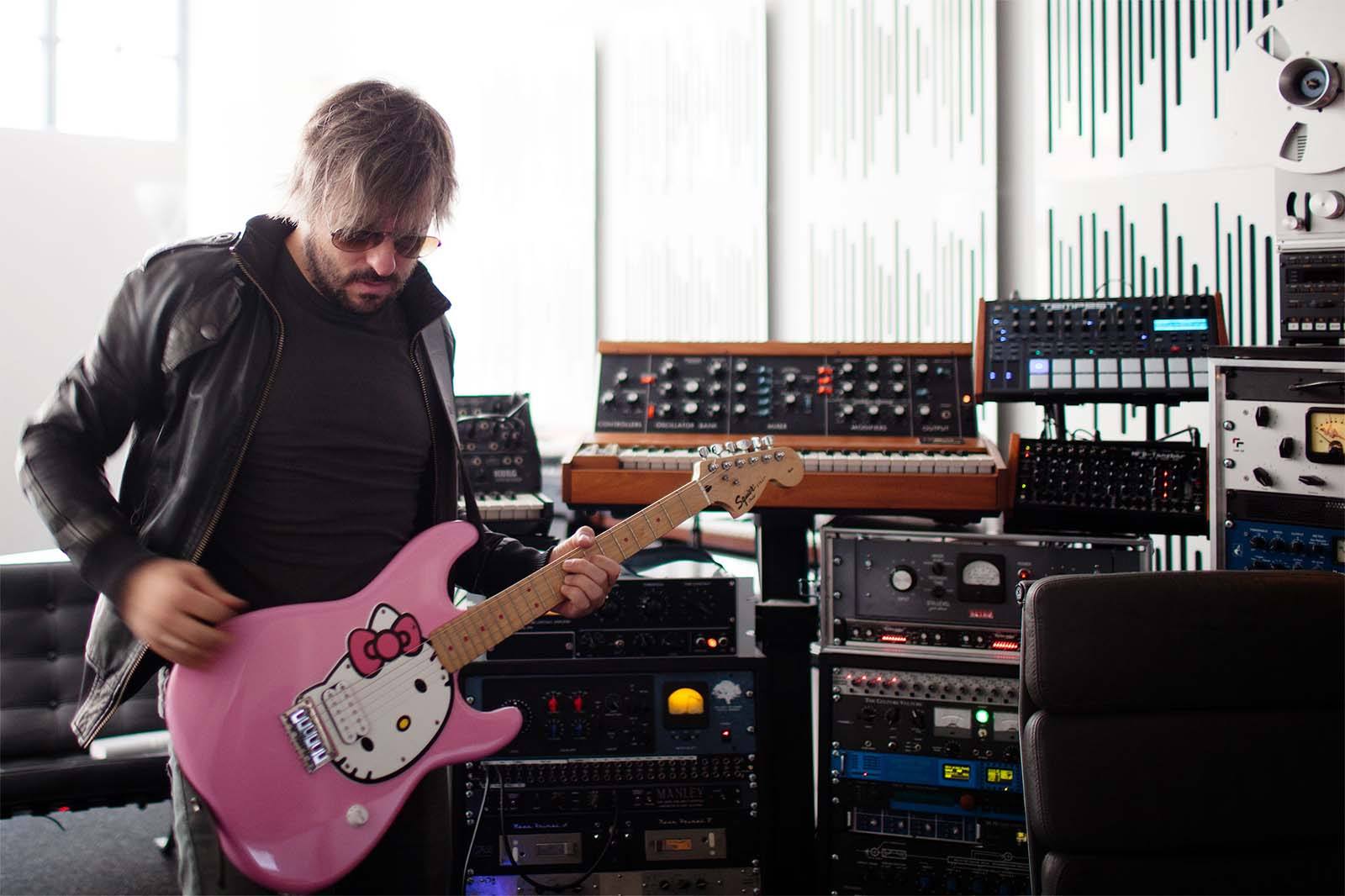
Who designed and built Bieger Sound?
The whole thing was planned and designed by our great architects Jeong-Hoon Kim and Marc Drewes. I can’t thank them enough for their terrific job. We didn’t have an awful lot of time for the project, and the budget was somewhat limited, too, but they found a perfect solution for us. However, I planned the acoustic properties of my room myself, with the help of a few other people.
What are your Bieger Sound equipment highlights?
A difficult question, because all details contribute to the big picture. I have a holistic view on studio gear, and a good filter for the mains power may be even more important for the overall result than a shiny vintage compressor.
Also the entire studio has been conceived as a blank canvas, striving for as much transparency as possible, and this can only be achieved through almost infinite little steps.
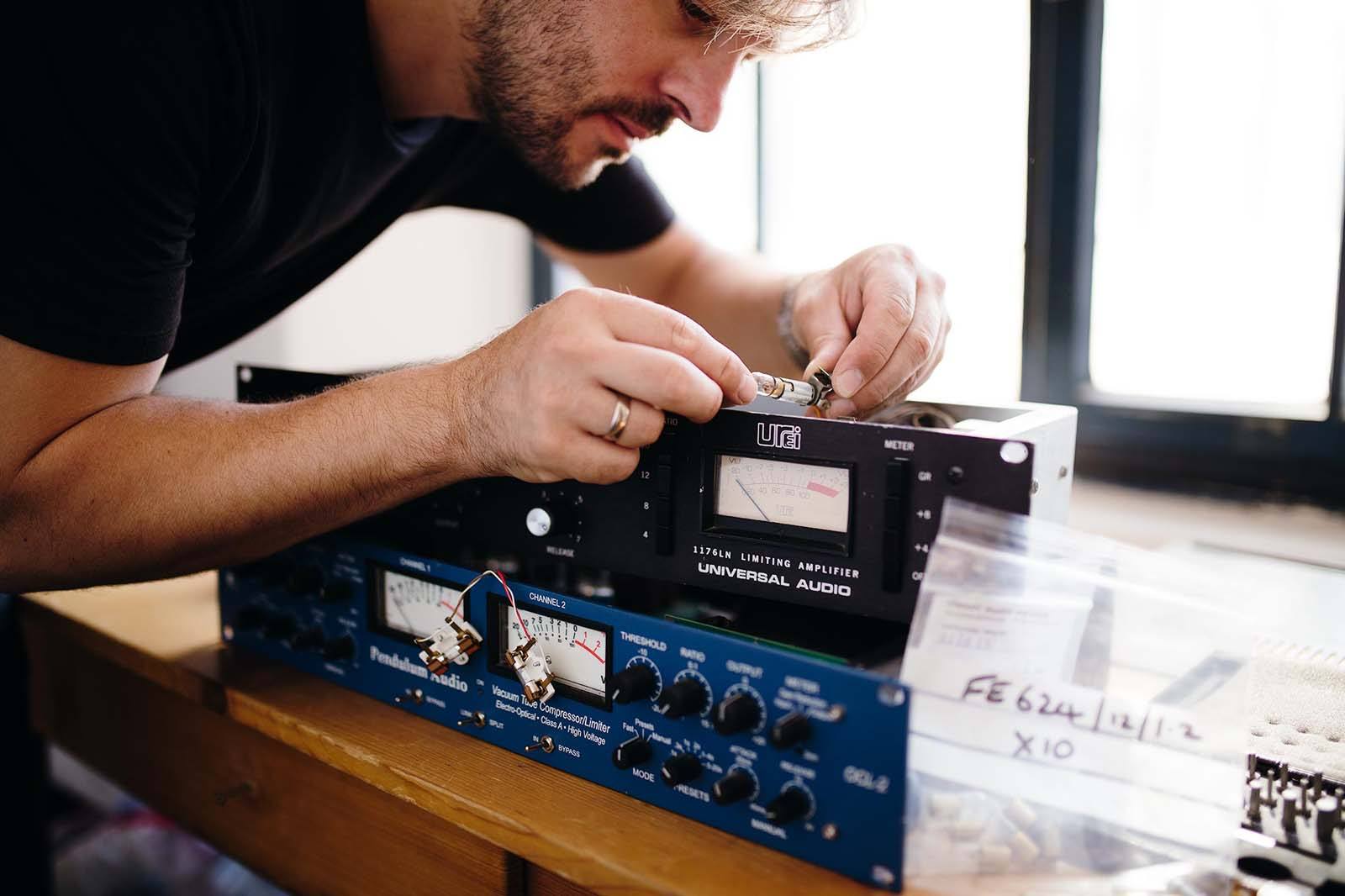
But of course there are a few things that stand out for me! There is my Speck Electronics LiLo console, probably the most transparent desk on the market, and my Lavry Gold A/D converter, which really helps me to give my clients a digital file that sounds practically as good as the analogue mix here in the room. Any other A/D before was a frustrating experience for me, because everything ultimately has to go through this bottleneck, and I hated the feeling my mixes were better than what I was able to print back to digital. This issue has been solved with the Lavry. My bread and butter pieces during the mix are the API and Electrodyne EQs, the Curve Bender and the Pulse Techniques EQM-1S3, and for dynamics the API 2500, Pendulum OCL-2 and Rockruepel Comp.One. I also love the Ursa Major Space Station, my Quantec reverb, and I have to say that the latest generation of UAD plug-ins are really good, too. I am very fond of their reverbs, the EMTs, AKG spring etc. – that’s good stuff. Lately I have been enjoying the new Amtec 099 limiter on lead vocals a lot.
But finally, this brings me back to the first question. The best studio gear only means so much without great instruments, and I’m really glad to have a nice selection of vintage keyboards and guitars at my disposal. If my studio caught fire these would probably be the first things I would try to rescue…
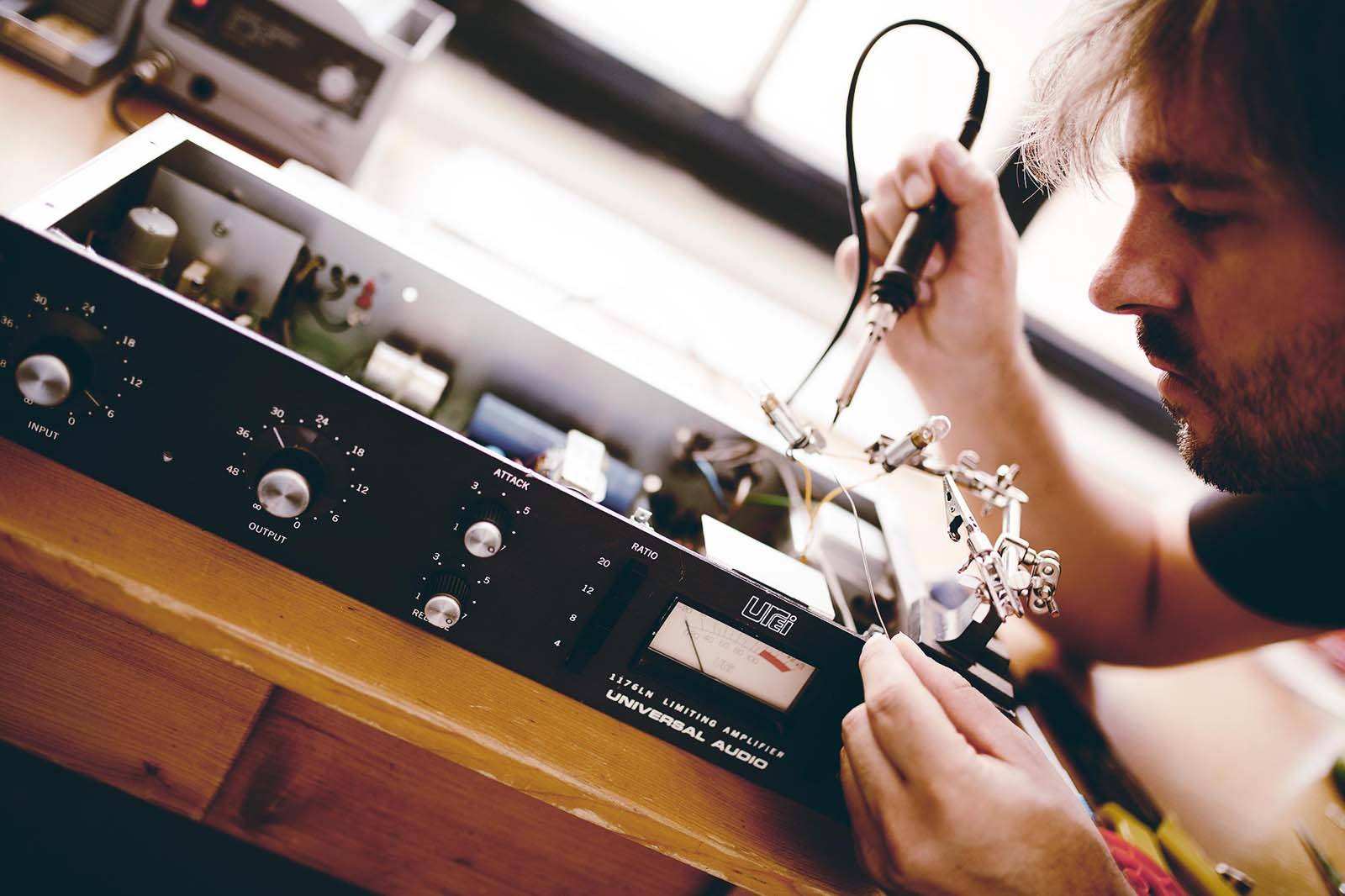
What acts have you worked with recently?
This year I have worked with over 100 different clients so far, so the list is pretty long… I guess the most notable ones include Tale of Us, Tiefschwarz, Steve Bug, Alex Niggemann, DJ Tennis, Andrea Oliva, but there would be a lot more I would like to mention!


Stay in the loop
Follow @milocostudios
Subscribe to Miloco News